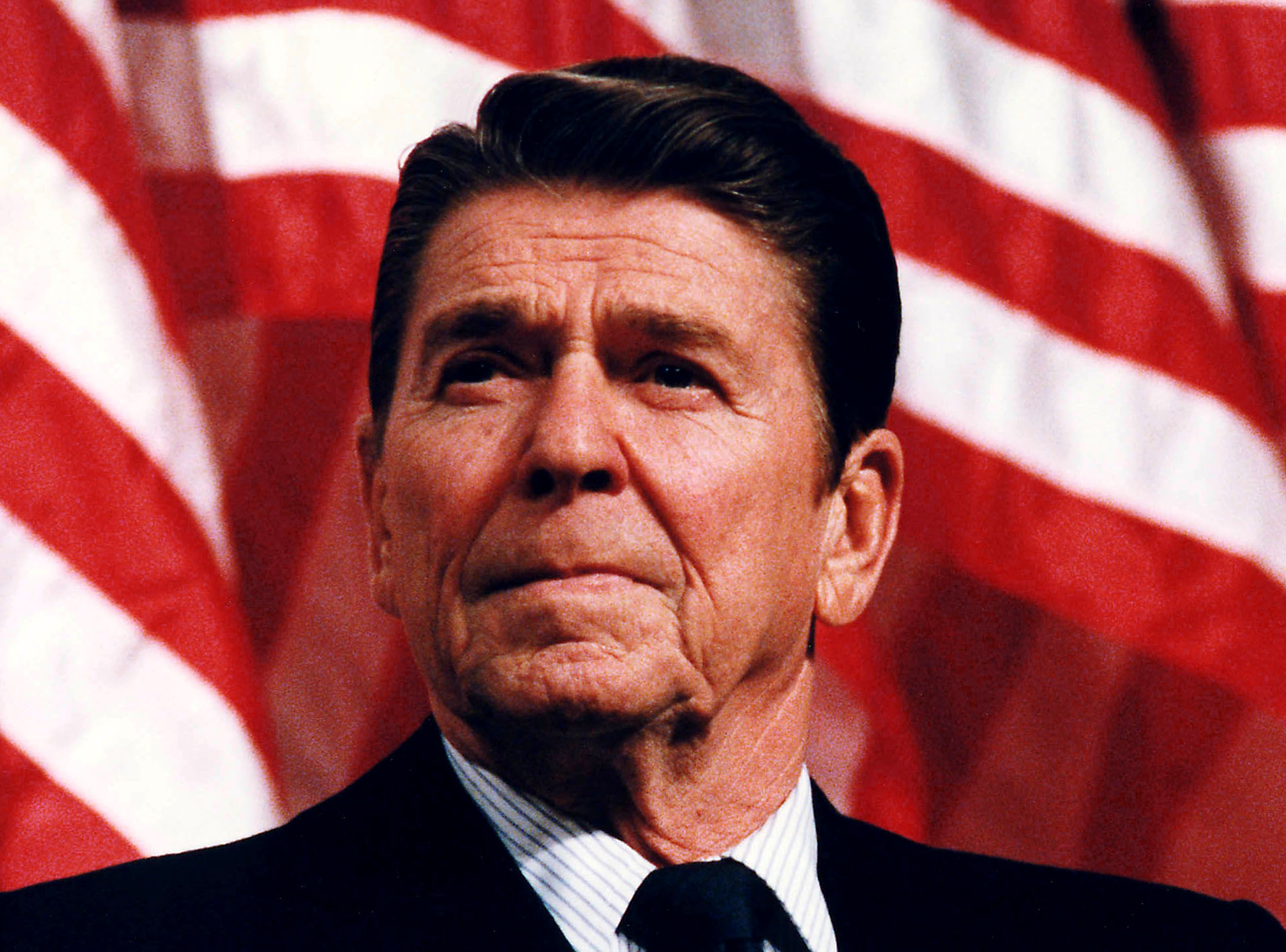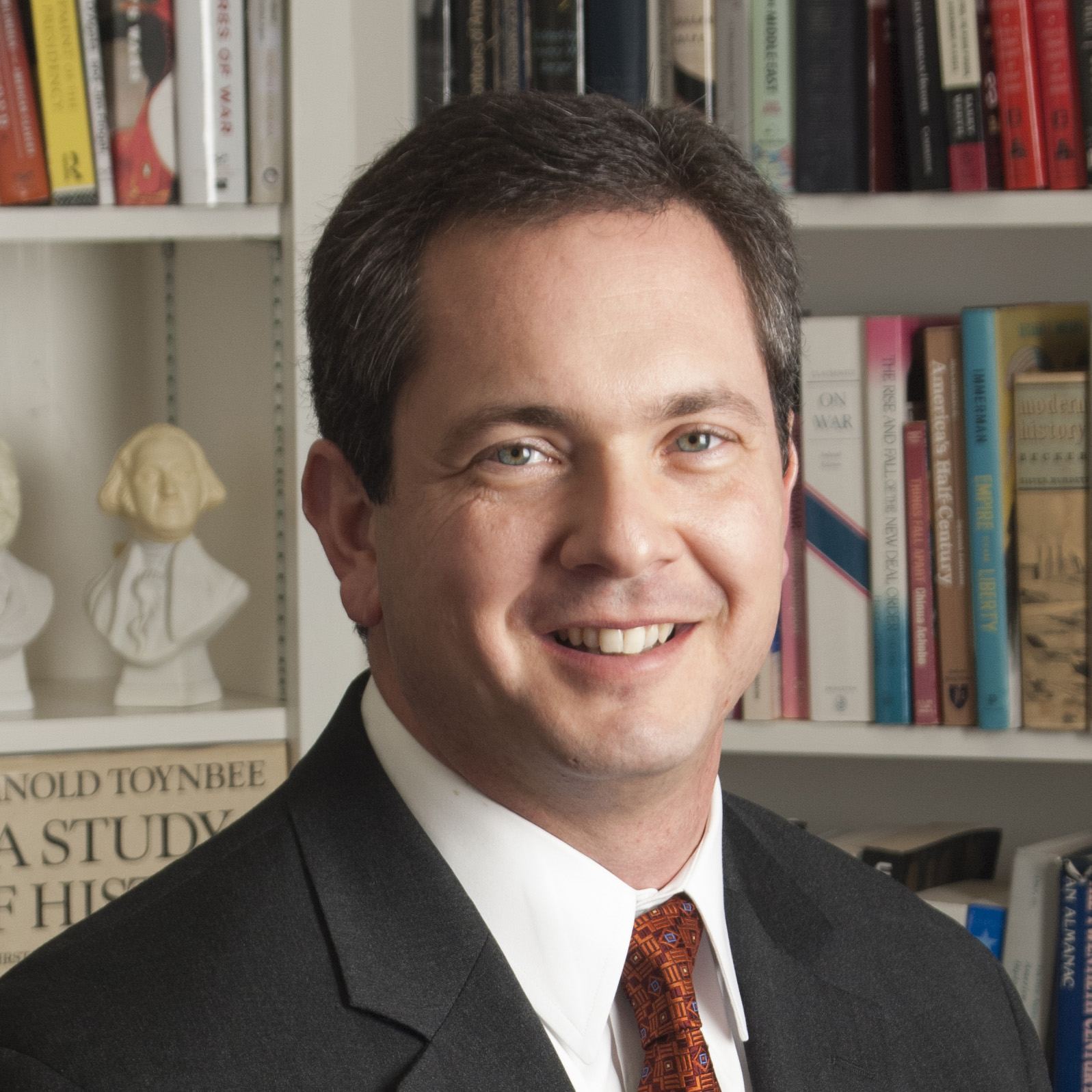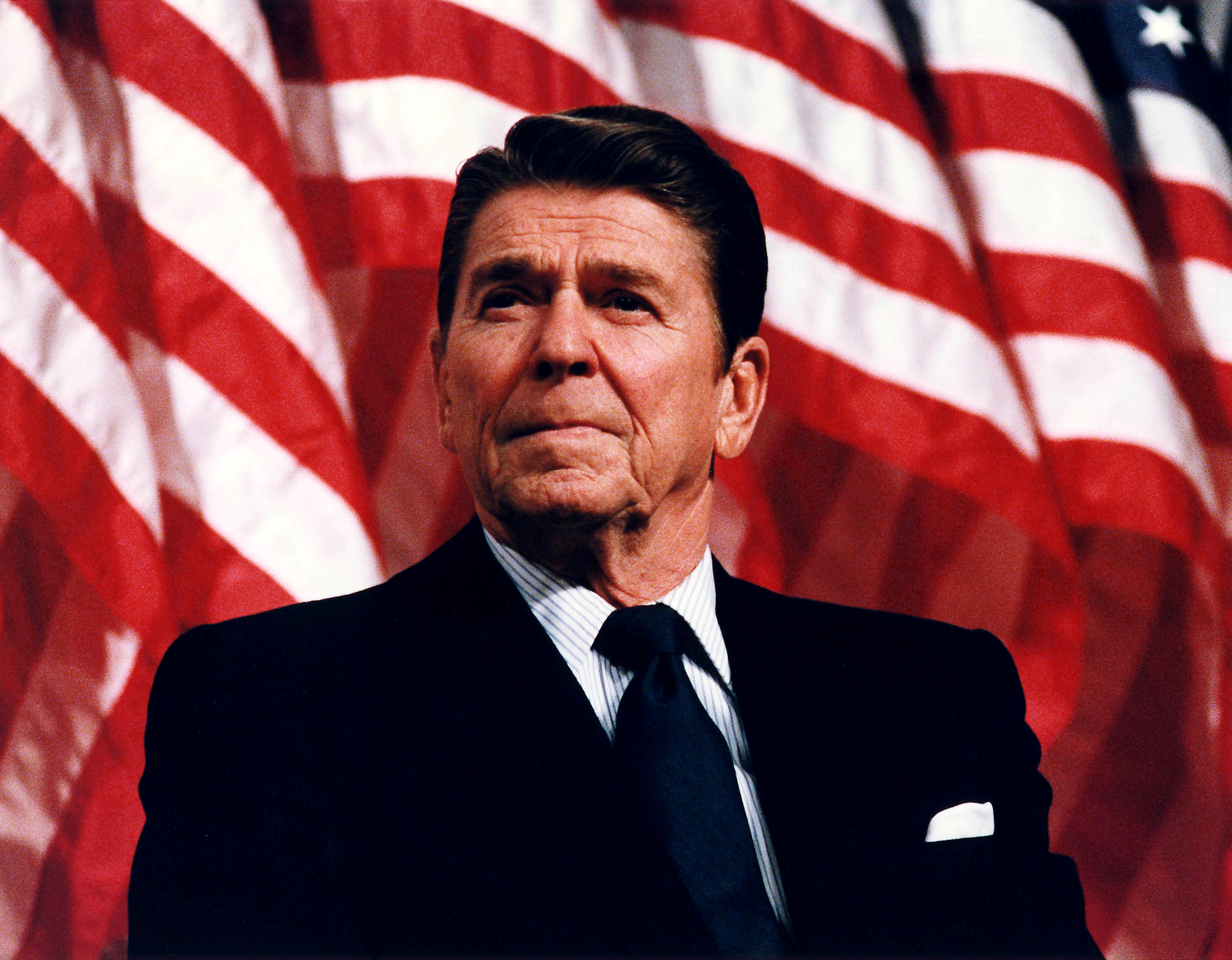Everything you think you know about Reagan is wrong
Presidential Historian Jeffrey Engel on how Ronald Reagan is "remembered" versus the reality.

By Jeffrey A. Engel
Woe to the Republican candidate who doesn't pledge to be the Gipper reincarnated. But woe to the American people who try to find a candidate today who represents all they remember Ronald Reagan to have been.
 Jeffrey A. Engel |
Having canonized his memory, Republican nominees invoked his name 15 times at one GOP primary debate in February. God got only five mentions.
Even GOP nominee Donald Trump, a nontraditional Republican candidate for sure, willingly embraces his newfound role as Reagan's heir, though he wasn't always a fan. Critical of the country's 40th president in his self-lauded 1987 book, The Art of the Deal, Trump called Reagan "a con man" who couldn't "deliver the goods" for the American people. Asked in 2011 to name which presidents he admired most (no doubt having determined his political future was with Republicans), Trump offered a distinctly different response: "Well, I really like and knew a little bit Ronald Reagan. ... I loved his style. I loved what he represented."
Reagan's shadow looms large over the contemporary political landscape, his core beliefs setting inviolable tenets of modern Republicanism. Reagan believed in tax cuts. So, too, does Trump, as did the other 16 GOP candidates. Reagan believed in a strong defense. Again, there was unanimous support among the GOP possibilities.
The center of American politics stands further to the right today than when Reagan took office in 1981, in large part because of the clarity of his message. Even Democrats recognize his appeal. Bill Clinton famously declared "the era of big government is over," in 1996, sounding more Reaganesque than like his party's own patron saint, Franklin Roosevelt. Barack Obama, too, recognized Reagan's core appeal, modeling his own message-driven presidency accordingly. Obama said in 2008 that Reagan "put us on a fundamentally different path" because he "tapped into what people were already feeling, which was, we want clarity, we want optimism."
Today's America is Reagan's, but what if I told you everything you think you know about the man, and most everything his compatriots praise, is wrong? Americans love the Reagan they remember, not the Reagan that was.
He loathed taxes, you say? His budgets raised them every year, save his first and last in office. Recall George H.W. Bush's infamous campaign pledge of 1988, the one his inability to keep doomed his re-election bid: "Read my lips, no new taxes." Seeking to take Reagan's job, Bush knew the American people were tired of their government asking them to pay more. The income tax rate was down since Reagan took office eight years before, but increases in payroll and other federal-sponsored "revenue enhancements" meant the average worker took home a lesser paycheck when Reagan left office than under his predecessor, Jimmy Carter.
This conservative paragon of limited government spent, too. The federal debt under his watch rose from 26.2 percent of gross domestic product to 42.8 percent. Surely, increased taxes weren't Reagan's fault, you might counter, but were instead imposed by Democrats against his will. A fair point, though this requires one to concede something his contemporary backers frequently laud: Reagan's refusal to yield his deeply-held convictions. The truth is Reagan did compromise.
Reagan also negotiated, something the most zealous advocates of his uncompromising nature forget. Sometimes he reached across the aisle, most famously in 1983, when together with arch-liberal Tip O'Neill he forged a new plan for securing Social Security. "It includes elements which each of us could not support if they were not part of solving the Social Security problem," Reagan explained. Yet "each of us recognizes that this is a compromise solution." Such words would hardly do a Republican nominee much good now, when concession for the sake of bipartisanship has become the GOP's third rail.
 Ronald Reagan |
More troubling still for those who claim Reagan never would have negotiated with Iran's ayatollahs or North Korea's nuclear aficionados, Reagan also negotiated with his enemies. Most famously, he forged a partnership with the Soviets and their new man, Mikhail Gorbachev, that went a long way toward defusing superpower tensions that had reached dangerous levels, due in part to Reagan's own angry first-term rhetoric. He was the man who called the Soviets an "evil empire" and initiated a program designed to repel their ballistic missiles. A strong defense and calling out one's enemies are both virtues, a latter-day supporter might say, which is a fine point indeed till one recalls that Soviet leaders believed Reagan's words, and their ensuing jittery fingers nearly launched pre-emptive nuclear strikes on more than one occasion.
Reagan even negotiated with terrorists. The ultimate irony of contemporary critics who blast Barack Obama's negotiations with Tehran as something the Gipper would never have done is their failure to recall the scandal that most threatened their hero's presidency. It was not called "Iran-Contra" by chance. To be fair, however, many of those same ideologues criticized Reagan for daring to speak face-to-face with Gorbachev, too. His meeting with the Soviet leader in Geneva in 1985 was, according to Newt Gingrich at the time, "the most dangerous summit for the West since Adolf Hitler met with Neville Chamberlain in 1938 in Munich." Gingrich's more recent pronouncements on Reagan are more likely to offer Churchill as a comparison than the architect of appeasement.
None of which is to criticize Reagan, whose optimism and leadership clearly galvanized a country ready for change as the 1970s, the decade of gas lines, Watergate, Vietnam, hostages and ultimately malaise, came to an end. His impressive achievements deserve praise. But we must ask a more troubling question: If we as a nation, Republicans especially but frequently Democrats too, praise a myth, can we expect reality to ever live up to its standard?
The truth is that politics is the art of compromise, and the world is full of difficult choices. If Americans held their past paragons up to the accurate light of history, they might well be less befuddled about why their current crop of choices seems to pale in comparison. Rather than ask if Trump, or Hillary Clinton for that matter, will be like Reagan, let us ask which of them is more likely to govern as he did, not as we inaccurately remember.
Engel will speak at Dallas One Day University: The Rise and Decline of the American Presidency on Oct. 1.